

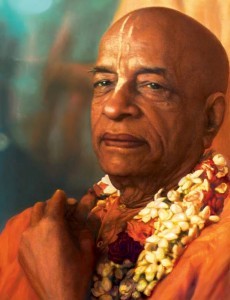
The International Society for Krishna Consciousness (ISKCON) has requested the Indian government to intervene and secure the release of its leader Sri Chinmoy Krishna Das, who was detained by Dhaka Metropolitan Police in Bangladesh. ISKCON has vehemently denied any involvement with terrorism and is calling for the immediate release of Chinmoy Krishna Das. The organization has asked the Government of India to reach out to their Bangladeshi counterparts and convey their peaceful message as a Bhakti movement.
On October 18, 2022, Sri Chinmoy Krishna Das, a senior leader of the International Society for Krishna Consciousness (ISKCON) in Bangladesh, was detained by Dhaka Metropolitan Police. The arrest has ignited a diplomatic dispute between Bangladesh and India, as well as raised questions about religious freedom in the South Asian nation.
ISKCON's Denial and Call for Release
ISKCON has vehemently denied any involvement with terrorism or other criminal activities, claiming that Krishna Das was detained without just cause. The organization has demanded his immediate release and asked the Indian government to intervene on their behalf.
Diplomatic Implications
The detention of Krishna Das has strained relations between Bangladesh and India. India has expressed concern over the arrest and has asked Bangladesh to ensure that Krishna Das's "rights are protected." Bangladesh, on the other hand, has defended the police action, stating that it was based on "specific allegations."
Background: ISKCON in Bangladesh
ISKCON is a global spiritual movement founded in 1966 by the Indian spiritual teacher Bhaktivedanta Swami Prabhupada. It has a significant presence in Bangladesh, with over 50 temples and centers across the country.
Over the years, ISKCON has faced challenges in Bangladesh. In 2016, a mob ransacked an ISKCON temple in the southern district of Khulna. The incident raised concerns about religious tolerance and the protection of minority groups in the country.
Top 5 FAQs and Answers
1. Why was Sri Chinmoy Krishna Das detained? According to Bangladesh police, Krishna Das was detained on suspicion of terrorism and anti-government activities. However, ISKCON has denied these allegations.
2. How has the Indian government responded? India has expressed concern over Krishna Das's detention and has asked Bangladesh to protect his rights. The Indian government has also requested Bangladesh to investigate the matter impartially.
3. What is ISKCON's stance on terrorism? ISKCON has repeatedly condemned terrorism and violence in all forms. The organization believes in non-violence and promotes peace and understanding.
4. Has ISKCON faced similar challenges in the past? Yes, ISKCON has faced occasional challenges and persecution in Bangladesh and other countries. However, the detention of Krishna Das is seen as a major setback for the movement.
5. What is the future of ISKCON in Bangladesh? The future of ISKCON in Bangladesh remains uncertain. The detention of Krishna Das and the diplomatic fallout between India and Bangladesh have cast a shadow over the organization's activities. However, ISKCON remains committed to its mission of spreading Krishna consciousness and promoting peace and harmony in the country.
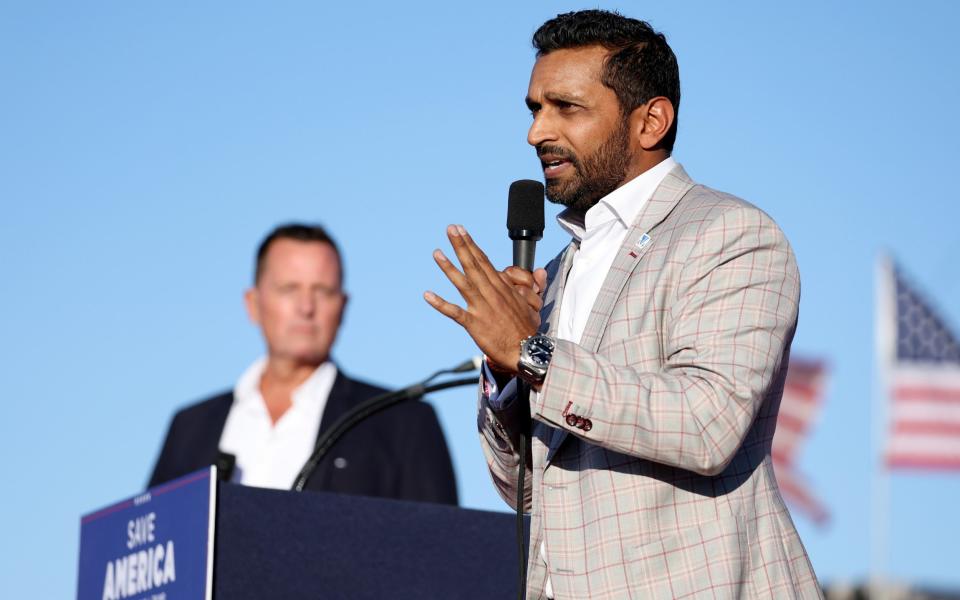
Kash Patel, an Indian-American, was officially sworn in as the ninth Director of the Federal Bureau of Investigation (FBI) on Friday, taking the oath on the Bhagavad Gita. He was joined by his girlfriend and family, with other family members seated in the front row. Patel, a first-generation Indian, expressed his gratitude to the US and vowed to ensure accountability within the FBI. US President Donald Trump also expressed his strong support for Patel, calling him a "tough, strong" person.

The United Nations Children's Fund (UNICEF) and the Royal Government of Bhutan have collaborated for 50 years to improve the lives of children in the country. In a recent milestone, UNICEF celebrated its five decades of work in Bhutan and highlighted the achievements made in child well-being during this time. With the help of past and present teams, UNICEF has played a vital role in promoting child rights, education, and health in Bhutan.

Israel has accused Palestinian "terrorists" of killing two young boys, Ariel and Kfir Bibas, who were held hostage by the militant group Hamas since October 2023. The boys' remains were among four bodies handed over by Hamas in a prisoner exchange this week. However, Israel has identified one of the bodies as belonging to a different person, not Shiri Bibas as claimed by Hamas. The Israeli military has demanded Hamas return Shiri, along with all other abducted individuals. It is the first time Israeli bodies have been returned since the ceasefire in Gaza.

The ongoing tensions between India and Pakistan have created a lucrative arms market for major exporters like the US, France, Russia, and China. While the US sells to both sides, France and Russia see the benefits of cultivating relationships with both countries. China, on the other hand, sells exclusively to Pakistan as it sees the Indian Ocean as a potential frontier. Interestingly, Germany, one of the world's top exporters, only sells to India due to its growing economic ties and past conflicts. This complex arms race raises concerns about the consequences of fueling the tensions between two nuclear-armed nations.
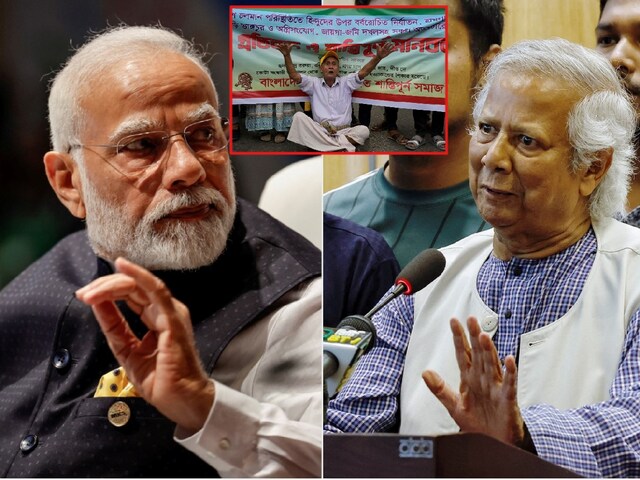
Sheikh Hasina, the former prime minister of Bangladesh who is currently in exile in India, has publicly condemned interim government chief Muhammad Yunus for unleashing "terrorists" and creating an environment of "lawlessness" in the country. In response, the Yunus-led interim government has reaffirmed its commitment to extradite Hasina from India, while she continues to seek justice for the widows of police officers killed during a student uprising in 2024. This ongoing tension between the two leaders highlights the ongoing political strife in Bangladesh.
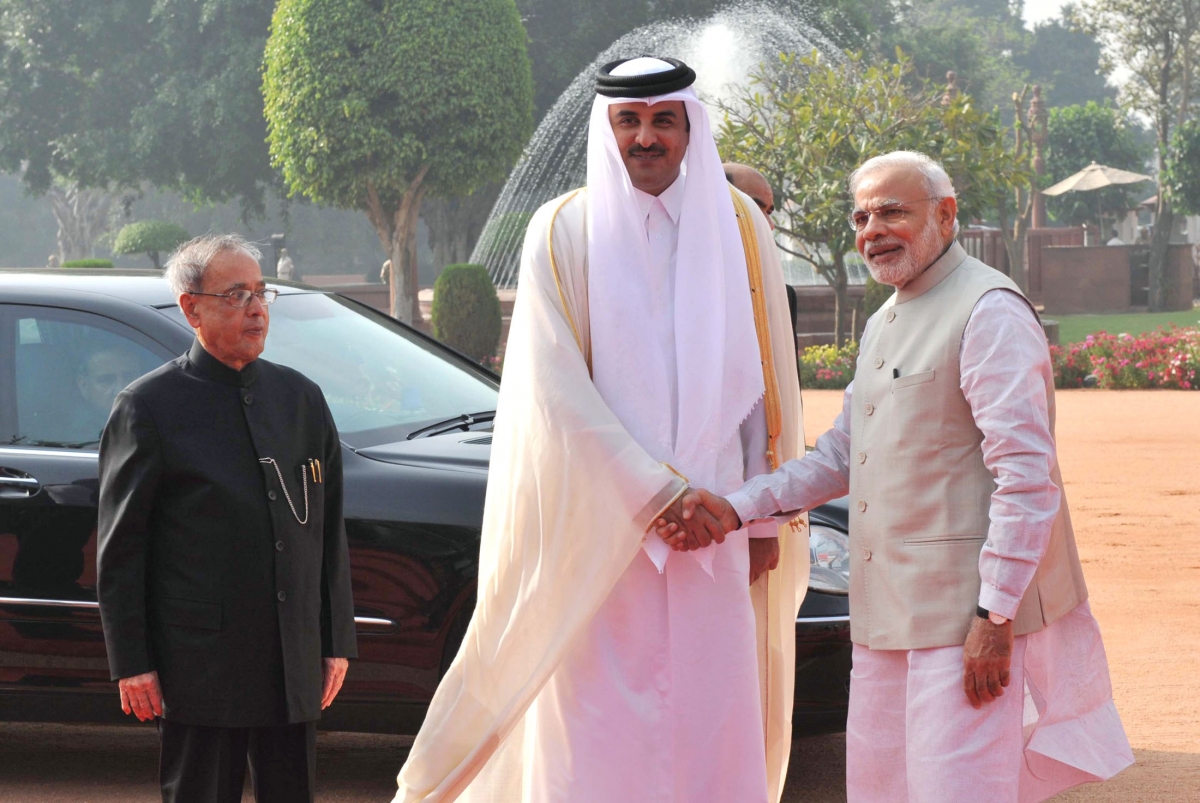
Qatar's Amir Sheikh Tamim Bin Hamad Al Thani's second state visit to India was marked by a warm welcome from President Droupadi Murmu. The visit showcases the deep cultural and historical connections between the two countries, with the leaders emphasizing the strong cooperation and strategic partnership between India and Qatar. The banquet hosted by President Murmu also celebrated the contributions of the Indian community in Qatar and highlighted the potential for further collaboration between the two countries. The signing of key agreements in trade and investment reaffirms the commitment of both leaders towards strengthening the relationship.
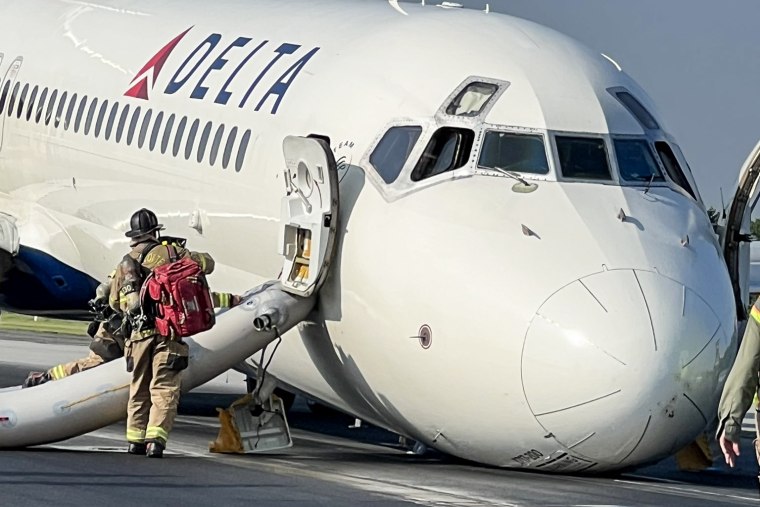
A Delta Airlines flight experienced a dramatic crash landing at Toronto's Pearson Airport, with videos of the incident quickly spreading on social media. Fortunately, all 80 passengers and crew members survived, although 18 were hospitalized with minor injuries. The plane reportedly encountered severe weather conditions, including high winds, before landing. Passengers described the landing as "very forceful" and "sudden," with some even hanging upside down until they could be rescued. Authorities are investigating the cause of the crash, and the CEO of the airport expressed gratitude that there was no loss of life.
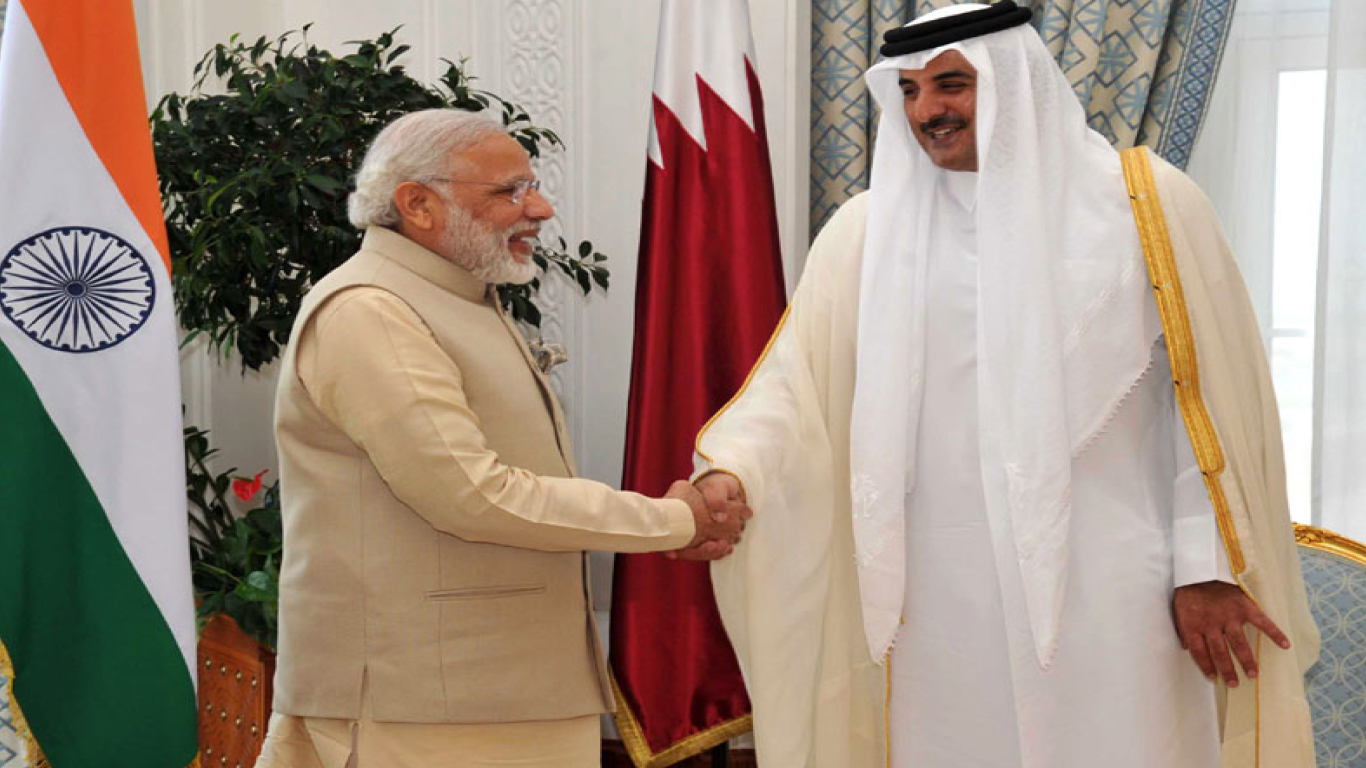
The Prime Minister of India, Narendra Modi, and the Amir of Qatar, Sheikh Tamim Bin Hamad Al Thani, held talks in New Delhi to solidify the already strong ties between their countries. The leaders decided to take their relations to the next level by declaring a "strategic partnership" that will focus on trade, investments, technology, energy, and people-to-people ties. They also discussed regional and global issues of mutual interest, further showcasing the close relationship between India and Qatar.

The tragic death of a third-year BTech student from Nepal at Odisha's Kalinga Institute of Industrial Technology (KIIT) has sparked tension on campus. The state government has set up a high-level committee to investigate the circumstances surrounding the student's death and ensure justice is served. Meanwhile, the deceased student's father has alleged that the institute mistreated Nepali students and has called for action to prevent such incidents in the future.

Investigators are still trying to determine the cause for a Delta plane crash at Toronto's Pearson Airport that left 18 people injured. Despite the wintry conditions and strong winds, all 80 passengers on board miraculously survived the incident, with some describing the terrifying experience of hanging upside down before being rescued by firefighters. Experts credit the quick response of flight attendants and the improvements in plane safety for preventing a much worse outcome.